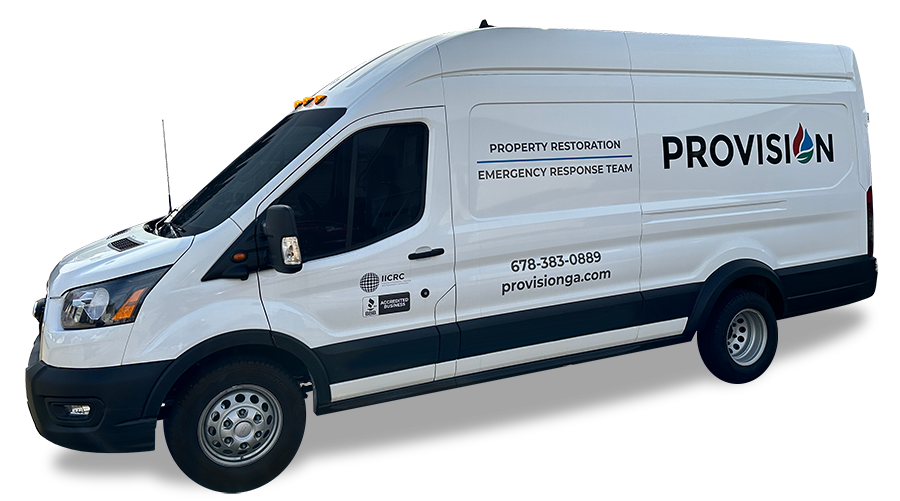A significant and frequent side effect of water damage in the home is tainted indoor air quality. The indoor environment can be influenced by a number of processes that are water exposure triggered. In some cases, contaminated air can even make a house that has been water damaged hazardous to enter. Until water damage remediation can be executed by professionals, the home should not be entered. Only when they are through, once again the environment will be healthy and safe.
Indoor air quality after water damage is a serious problem. This is, of course, aside from making it a home that is less pleasant to occupy. The pungent odors resulting from water damage can be extremely off-putting.
Here’s a little bit of information regarding water damage and how it can negatively affect indoor air quality.
Airborne Toxins
What is one universal solvent? Answer: Water.
So, when water damage affects a house, carpeting, glues, paints, and other saturated substances may release fumes that can be considered toxic. These can include solvents, volatile organic compounds (VOCs), and other vapors of a chemical nature. Including bacteria and viruses, airborne microorganisms – in a wet indoor environment – also breed extremely well and will contaminate air.
Mold Contamination
Toxic mold and water damage go together. When they are present inside any structure, dormant mold spores are contacted by moisture. Once water triggers these dormant spores, they convert into growing, active mold. Subsequently, you have the release of airborne microscopic productive spores by the millions. Each of these contains mycotoxins. Within an indoor, enclosed environment, these concentrated active mold spores are inhaled. If the people inhaling them have certain sensitivities, reactions of a physical nature can occur. This can range from chronic illness to allergic symptoms, and everything in between.
Active mold growth – as well as mildew – in addition to toxic air, is well known for its pervasive musty odor. All parts of the home will be penetrated by this smell. After mold remediation, to remove the lingering odor, professional deodorizing techniques are typically required.
Introducing… “Black Water”
After reading the above information, you’re probably thinking about water as something that results from broken pipes, a leaky roof, condensation in ductwork, etc. But not all damage resulting from water is equal. If, from an inundation of outdoor flooding or from a sewage backup, water originates… this is known as “black water” or Category 3 water. So what’s the problem? This kind of water has a precise classification – it is biohazardous to humans!
Organic materials, such as fecal matter, are carried in this noxious water. It contains both dead and living bacteria. Typically infecting indoor air, these black water-released airborne endotoxins carry dangerous pathogens. When inhaled, they can cause severe respiratory illness. Due to the health threat presented by Category 3 water, any threats should be handled by educated and experienced professionals in water damage. They should use appropriate disinfection methods and proper biohazard techniques.
Who to Call When Your Indoor Air Is Affected by Water Damage
If you need professional mold remediation services in Georgia, do not hesitate to contact Provision now. You can phone us at 678-383-0889.








